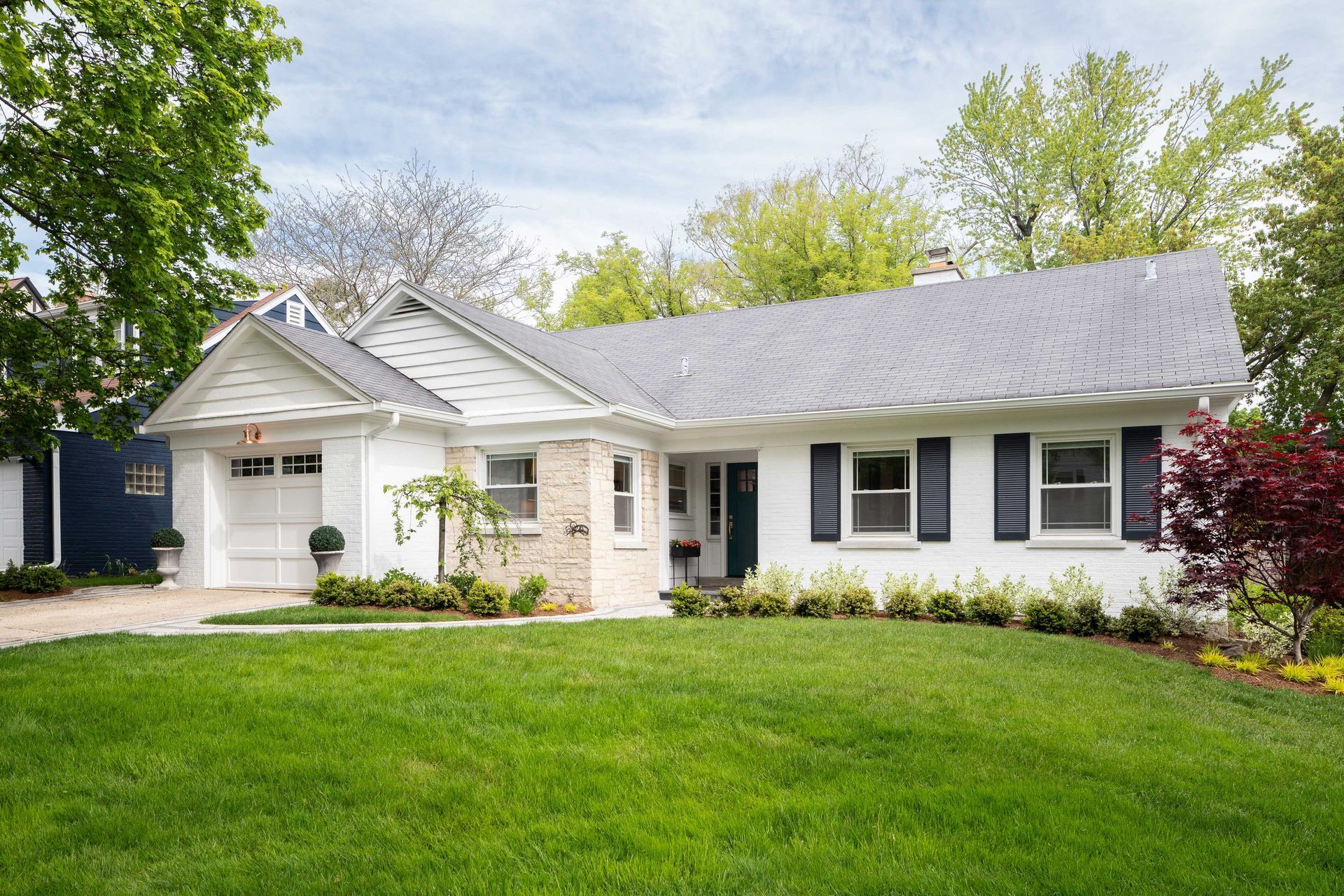How to Pay for Assisted Living or Nursing Home Costs

Adam is the managing Member of Farrar & Williams, PLLC and can be reached at (501)525-4401 or at adam@farrarwilliams.com.

With advances in health care, statistics show that people are living longer. With advanced age, many people require assisted living or nursing home care during the later stages of life. The costs of such care can be very expensive and unfortunately the options for payment of the care are limited. If forced to private pay for such care, the costs for long-term care can rapidly deplete a person’s estate. Nursing home costs in Garland County can easily exceed $5,000.00 per month, with home based care being even more expensive. My law practice focuses on helping people plan for such costs.
The best planning option for long term care expenses, whether it be assisted living, home based care or long-term care, is an appropriate long-term care insurance policy. A properly structured long-term care policy will include services for home care, assisted living care as well as nursing home care. These policies provide the best choices for such care and should be included in your estate plan. I am often told by my clients that they do not purchase the long-term care insurance based on the high premiums. Despite these concerns, I always encourage my clients to seek out information about long-term care insurance as it remains the best option to cover such costs.
Surprisingly, a small percentage of seniors actually have long-term care insurance, which forces them to look for other alternatives to pay for such care. For this reason other options must be evaluated. In the case of assisted living care or home based care, my first inquiry is whether or not my client or their spouse was a wartime veteran. If they were a wartime veteran, then they have an opportunity to seek a special pension benefit available through the Veteran’s Administration, known as Aid and Attendance Benefits. While this pension benefit will not cover the full cost associated with most care, it does provide a monthly pension (of over $2,000.00 per month in some cases) which will help supplement the cost of uncovered medical-related care, including assisted living or home-based care. There are numerous eligibility restrictions on the Veteran’s Administration Aid and Attendance program. If you or your spouse were a wartime veteran and you have medical-related expenses that exceed your monthly income, you should inquire as to your eligibility for said pension benefits, as they provide much needed funds to help supplement the cost of your care.
For those clients that need full-time nursing home care, the payment options are limited. The two main options are private payment (in excess of $5,000.00 per month) and the long-term care Medicaid program. The Medicaid program is a large government funded program that pays for up to 70 percent of all people in nursing homes. The cost savings associated with the long-term care Medicaid benefits can be significant. Gaining eligibility for the long-term care Medicaid program is a complex process. Throughout my practice I have gained experience in this area as I have assisted hundreds of people in obtaining long-term care Medicaid eligibility. Early planning is the key so I encourage you to explore your options sooner rather than at the time of a crisis.
Planning for the increasingly high cost of long term care is an essential part of your estate planning. This type of planning is complex and requires the services of an attorney who deals with elder law issues.










